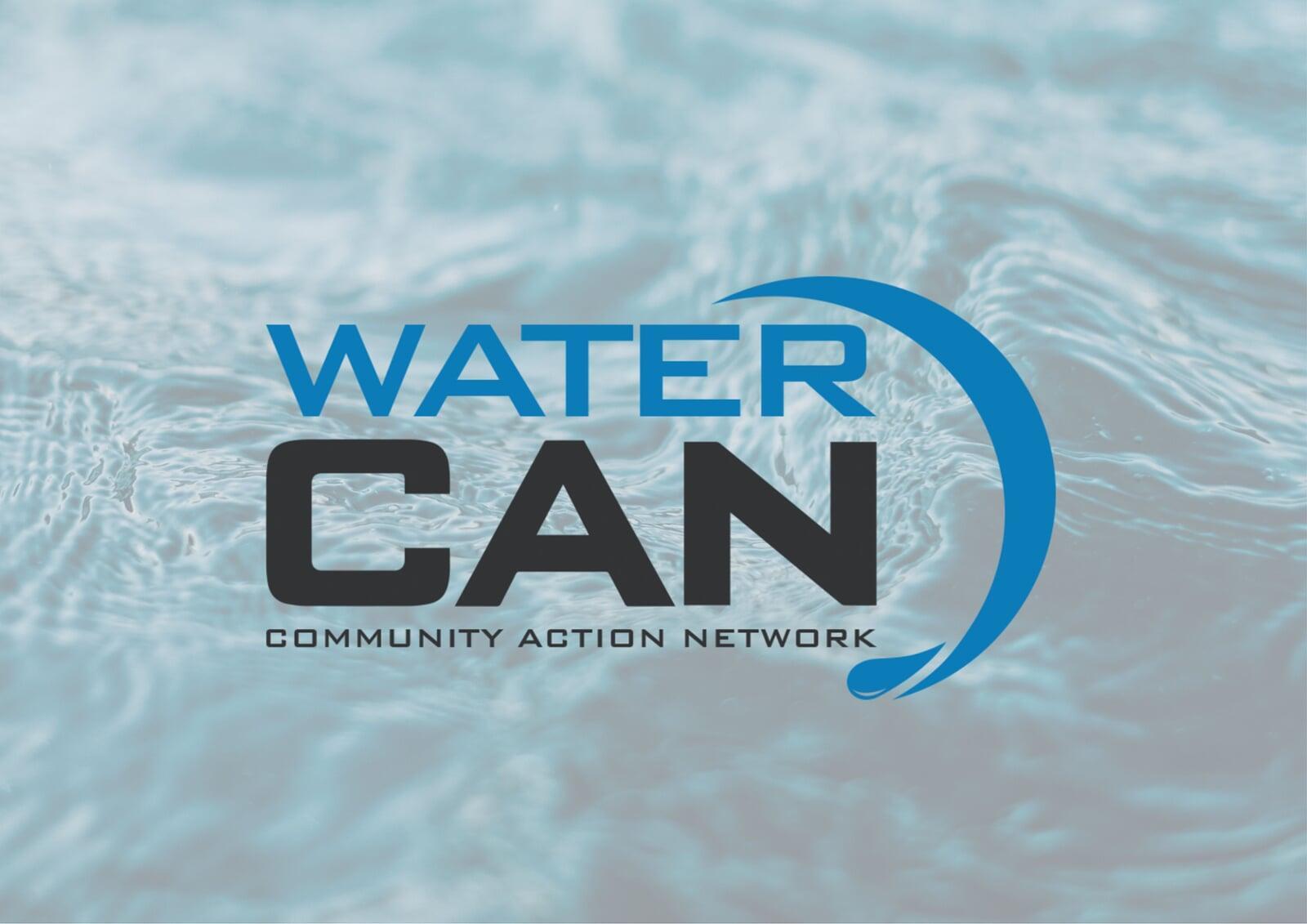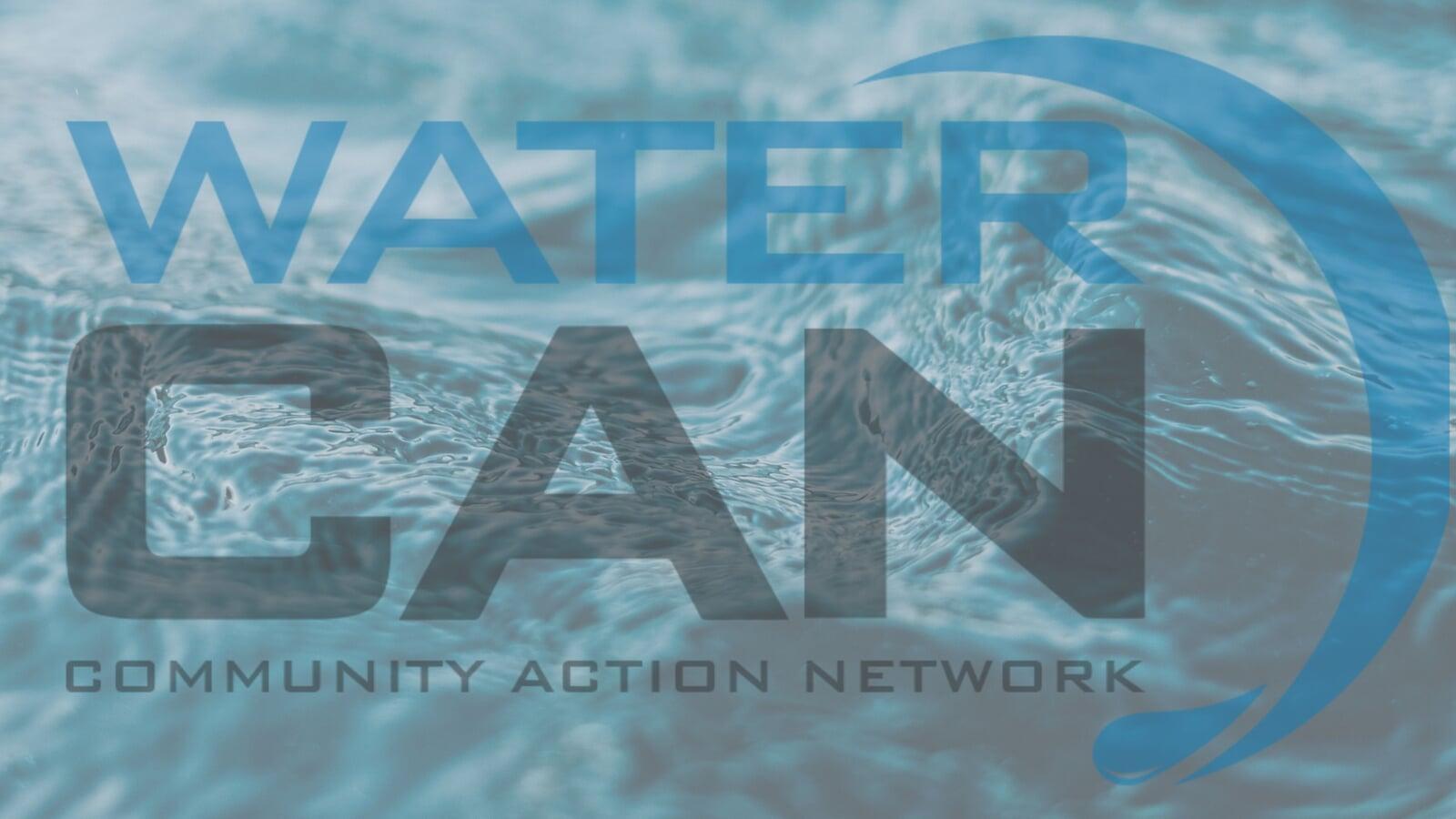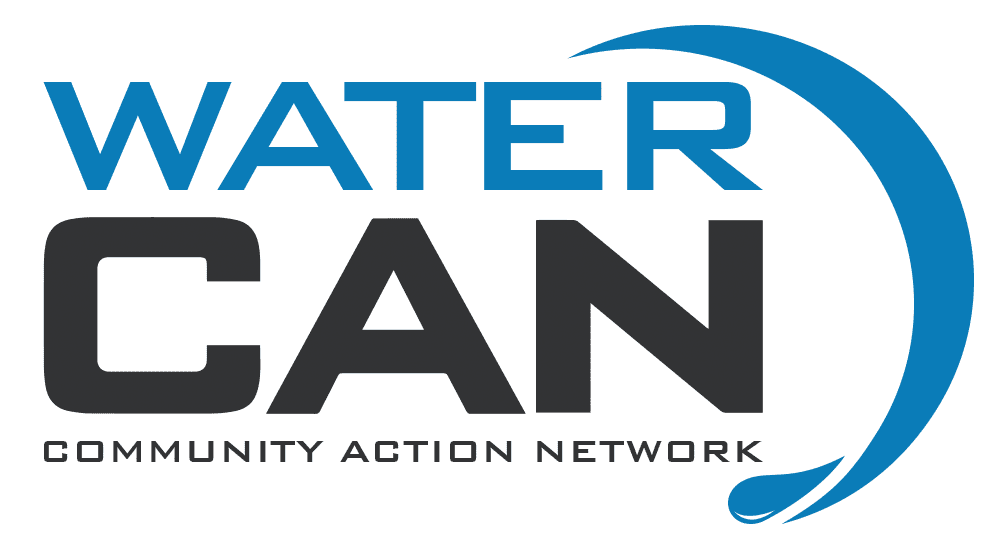Getting stuck in is part of our DNA
WaterCAN gets stuck in wherever possible—testing rivers, training communities, and driving pressure campaigns. With limited resources but relentless commitment, we step up when crises hit, exposing failures, demanding accountability, and empowering citizens. Every action counts toward protecting South Africa’s water and defending the right to safe, clean water for all.

eThekwini Water Monitoring Project
WaterCAN working together alongside various partners in the city to promote water justice, healthy water resources and accountability.
STATUS: Ongoing
The Umbilo River Project is a citizen science initiative led by Save Our Rivers and Sea from Sewage (SORS-FS), Adopt-a-River, and WaterCAN. Over 22 days, fieldworkers mapped 11.8 km of the river, documenting alarming pollution from sewage leaks, industrial discharges, illegal dumping, and chemical spills. Tests revealed dangerously high E. coli levels, posing severe health risks to surrounding communities. The project highlights systemic infrastructure failures, municipal inaction, and corporate negligence. It calls for urgent repairs, regular testing, municipal accountability, and community mobilisation to restore the river’s health and reclaim the right to clean water. Read the Report here.
WaterCAN has conducted extensive water quality tests on the Umgeni, Umdloti, and Umbilo Rivers, uncovering serious pollution challenges that endanger communities and ecosystems. Beyond testing, we run training workshops in schools and communities across eThekwini, equipping residents with citizen science skills to monitor water and demand accountability. Partnering with organisations such as Save Our Rivers and Sea from Sewage (SORS-FS), Adopt-a-River, the South Durban Community Environmental Alliance (SDCEA), and grassroots groups like the Umbilo South Association, WaterCAN also drives pressure campaigns in the city. By tracking municipal reports, analysing official data, and exposing failures, we push for accountability and improved water management.
WaterCAN has and continues to contribute to key forums established to address eThekwini’s worsening wastewater crisis, including the Department of Water and Sanitation’s stakeholder platforms, the eThekwini Presidential Task Team, and the Platform for a Water Secure eThekwini (PWSeT). These engagements aim to find practical solutions to systemic failures in the city’s wastewater management. For more than a decade, eThekwini’s infrastructure has suffered from chronic neglect, poor maintenance, corruption, and the devastating impact of repeated flooding events. Today, most wastewater systems have effectively collapsed, endangering communities, rivers, and coastal environments—making coordinated action and accountability more urgent than ever.

Criminal Charges Against the City of Johannesburg
In July 2023, WaterCAN opened a criminal complaint against the City of Johannesburg and the current and former city managers over the ongoing pollution of the Klip River.
STATUS: Ongoing
Johannesburg is at the intersection of the Vaal River Catchment and the Limpopo River Catchment, and industrial activities, mining operations, and mismanaged wastewater treatment works contribute to the high pollution levels which endanger the fragile river ecosystems.
The City’s Goudkoppies and Bushkoppies WWTW have been leaking raw sewage into Harringtonspruit, which runs into the Klip River and then into the Vaal River.
In August 2022, the Department of Water and Sanitation (DWS) issued a directive to the City of Johannesburg, ordering the City to clean up, but in July 2023 the plants still leak.
DWS inspections on 23 February 2023 at Bushkoppies and on 1 March 2023 at Goudkoppies found no improvements. The continued pollution of the Klip River has even been linked to recent cholera cases in Johannesburg, underscoring the need for urgent action.
WaterCAN believes that the City’s failure to comply with the DWS directive contravenes sections 19 and 20 of the National Water Act, which deal with the prevention and remedying of pollution. WaterCAN thus laid charges against the City and the municipal managers under section 151 of the Act, demanding accountability. Offences under these sections carry penalties of a fine or imprisonment for a period not exceeding 5 years for the first conviction.
WaterCAN aims to send a powerful message to the City of Johannesburg: sewage pollution is unacceptable and must be addressed urgently to protect public health and the environment. Municipal managers who neglect their duty to protect water resources should be held to account.
WaterCAN urges other water activists across the country to explore similar charges against municipal managers who fail in their duties, to encourage the responsible stewardship of water resources.

Fight for Water Justice in Gauteng
WaterCAN has an "always on" campaign in Gauteng, not because we want to, but because we have no choice.
STATUS: Ongoing
WaterCAN campaigns for water justice in the City of Johannesburg by exposing failing infrastructure, monitoring official reports, and amplifying residents’ voices. Through citizen science, advocacy, and public pressure, we hold officials accountable for dry taps, sewage spills, and mismanagement, demanding urgent investment, transparency, and reliable access to clean water for all.
WaterCAN campaigns in Bekkersdal, Rand West, highlight years of neglect, sewage spills, and unsafe drinking water. By supporting community-led monitoring, exposing municipal failures, and driving pressure campaigns, we amplify residents’ calls for urgent infrastructure repair, accountability, and clean, safe water—ensuring vulnerable communities are not ignored in South Africa’s water justice struggle.
WaterCAN campaigns across Gauteng focus on exposing collapsing water and sanitation systems, unsafe drinking water, and rising sewage pollution. Through citizen science testing, public advocacy, and monitoring of official data, we hold municipalities accountable, push for urgent infrastructure repair, and empower communities to demand transparency, accountability, and their constitutional right to clean water.

Cape Town Pollution: Milnerton / Joe Slovo
The pollution of Milnerton Lagoon, the Diep River estuary and surrounds has been an ongoing problem for years. After endless appeals to the City of Cape Town which were ignored and despairing of any real change, residents’ associations reached out for help.
STATUS: Closed
On 7 February 2020, WaterCAN, then operating under the Umbrella of the Organisation Undoing Tax Abuse, sent a letter of engagement to the City of Cape Town requesting to engage in finding workable solutions to fix the sewage pollution problem within the Diep River and Milnerton Lagoon.
Milnerton Lagoon, which is part of the Diep River estuary, forms part of the Table Bay Nature Reserve which is run by the City of Cape Town.
OUTA tasked independent consultants to take water samples as part of our investigation. Reports on water samples taken on 23 January 2020 and 3 February 2020 point to the Potsdam Wastewater Treatment Works (WWTW), which is managed by the City of Cape Town, as the main source of the pollution.
OUTA’s water results pointed to various contributors to the pollution but the root causes were identified as the lack of adequate sanitation infrastructure in Joe Slovo (and other surrounding informal settlements) and the collapse of the Potsdam WWTW.
Tests on water samples since then confirm that the contamination problem is ongoing.
The management of the wastewater, including the responsibility to prevent hazardous waste from contaminating water resources, is the responsibility of the City of Cape Town.
OUTA will continue to monitor the progress of the interventions being taken by the City of Cape Town.
We believe that the problem has now become an environmental and health issue, which is not receiving the urgent attention it deserves. The City should as a matter of extreme urgency improve the sanitation infrastructure in Joe Slovo Park (and other surrounding informal settlements) and adequately monitor the compliance of the Potsdam Wastewater Treatment Works. Resolving these problems will address the pollution in the lagoon.
Engagement and lobbying
We took our own water samples to establish whether water is being contaminated.
Engaged with the City of Cape Town to find solutions.
Appled pressure on the City by publishing our water test results.
Engaged with the Western Cape Department of Environmental Affairs and Development Planning and the Green Scorpions to apply pressure on the City or assist it with addressing the contamination.
Engaged with the national Department of Water and Sanitation to apply pressure on the City or assist it with addressing the contamination.
Coordinated with civil society, such as residents’ associations and environmental organisations, to mobilise and advocate for improvement.
Put pressure on the national Department of Cooperative Governance and Traditional Affairs to declare the area a disaster and to intervene to ensure repairs to the Potsdam WWTW.

